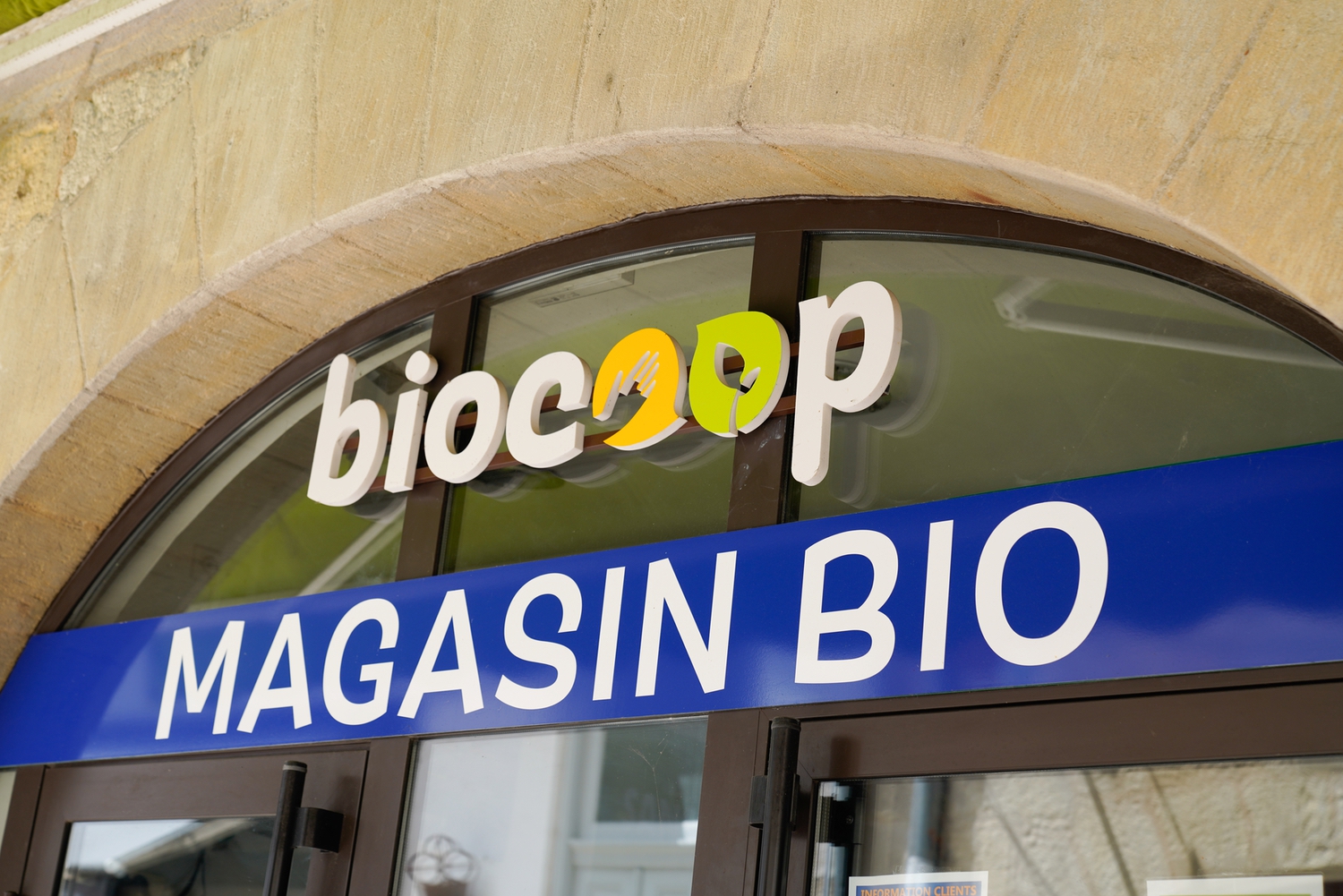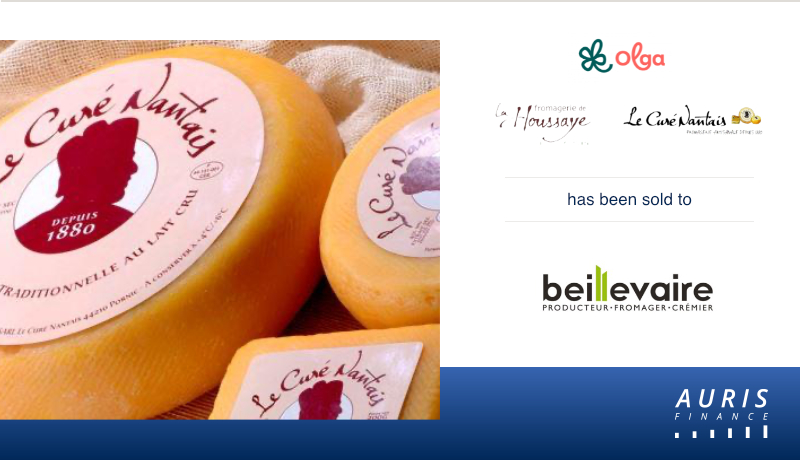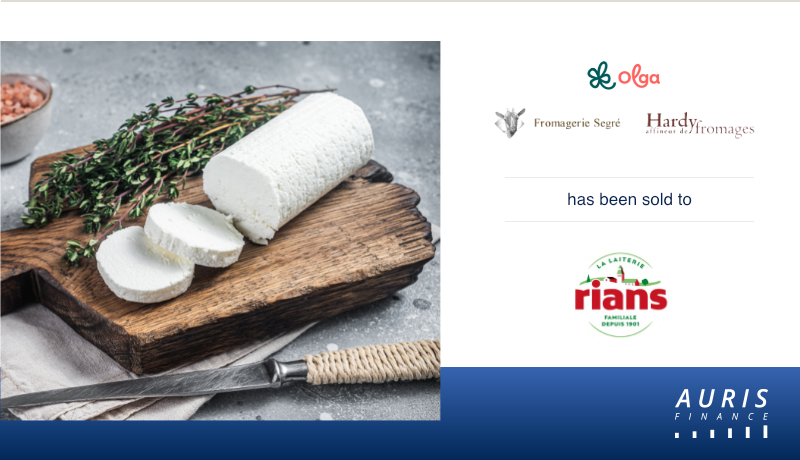

Between January and July 2023, organic product sales in supermarkets fell by 13%. Under the impact of inflation, supermarket shoppers are rethinking their consumption habits. These changes are having an adverse effect on the organic sector. The experts at AURIS Finance, a consultancy specialising in mergers and acquisitions, explain.
According to data from the Circana institute, sales of organic food in supermarkets fell below the 4% mark in July 2023. With sales down by 3.9%, organic products have reached their worst level since 2018. This downturn can be explained by the inflationary context: over the last two years, food inflation in France has soared by 21%. Despite the measures taken by the government, consumers seem to be moving away from the most expensive products in the long term. The organic sector and PDO and AOC labelled products are suffering as a result.
Restrictions on food spending
Faced with inflation, consumers are reining in their spending. In two years, the total food budget of French households has fallen by 20% in inflation-adjusted terms. This fall is particularly marked for organic products, which are on average 50% more expensive than conventional products. According to the 2022 edition of Agence bio’s barometer of organic products in France, 60% of French people say they have eaten organic food at least once a month in the last 12 months. This percentage has fallen by 16 points in one year. The proportion of consumers who have not consumed any organic products in the past year has doubled, to 17% of the French population. Too far removed from the everyday lives of French people, these products are increasingly seen as elitist by consumers who prefer hard discount and distributor brand products.
Shrinking number of reference products and concentration of specialist shops
As producers and distributors see it, organic food has now entered a downward spiral. In response to the declining popularity of organic produce, supermarket giants have drastically reduced the range on their shelves. “There has been a huge cut in assortments, which have shrunk by 12.3% between January and the end of July. With mass market products, it’s supply that drives demand. It is weakened when products disappear from the shelves,” explains Emily Mayer, director of Circana, to the daily Les Echos. While price is still the main barrier to consumption, consumers’ lack of knowledge of product specifications and mistrust of the label are also on the rise.
Closures and streamlining
Sales volumes are also declining in specialist shops, with a 12% drop recorded over the course of 2022. To cope with the fall in sales, sector leaders such as Naturalia and Biocoop are streamlining their networks. Other chains have had to close their doors. In the Paris region, for example, Les Nouveaux Robinson was shut down at the end of 2022.
Our experts at your side
Although the organic industry is currently suffering from limited household budgets, the market still has real growth potential, particularly with local councils. Innovations in the sector can also help capture new markets.
AURIS Finance’s experts are specialised by sector and provide support to all retail operators. Whether you are looking for a target to acquire or are in the process of selling, our experts are ready to work with you.


